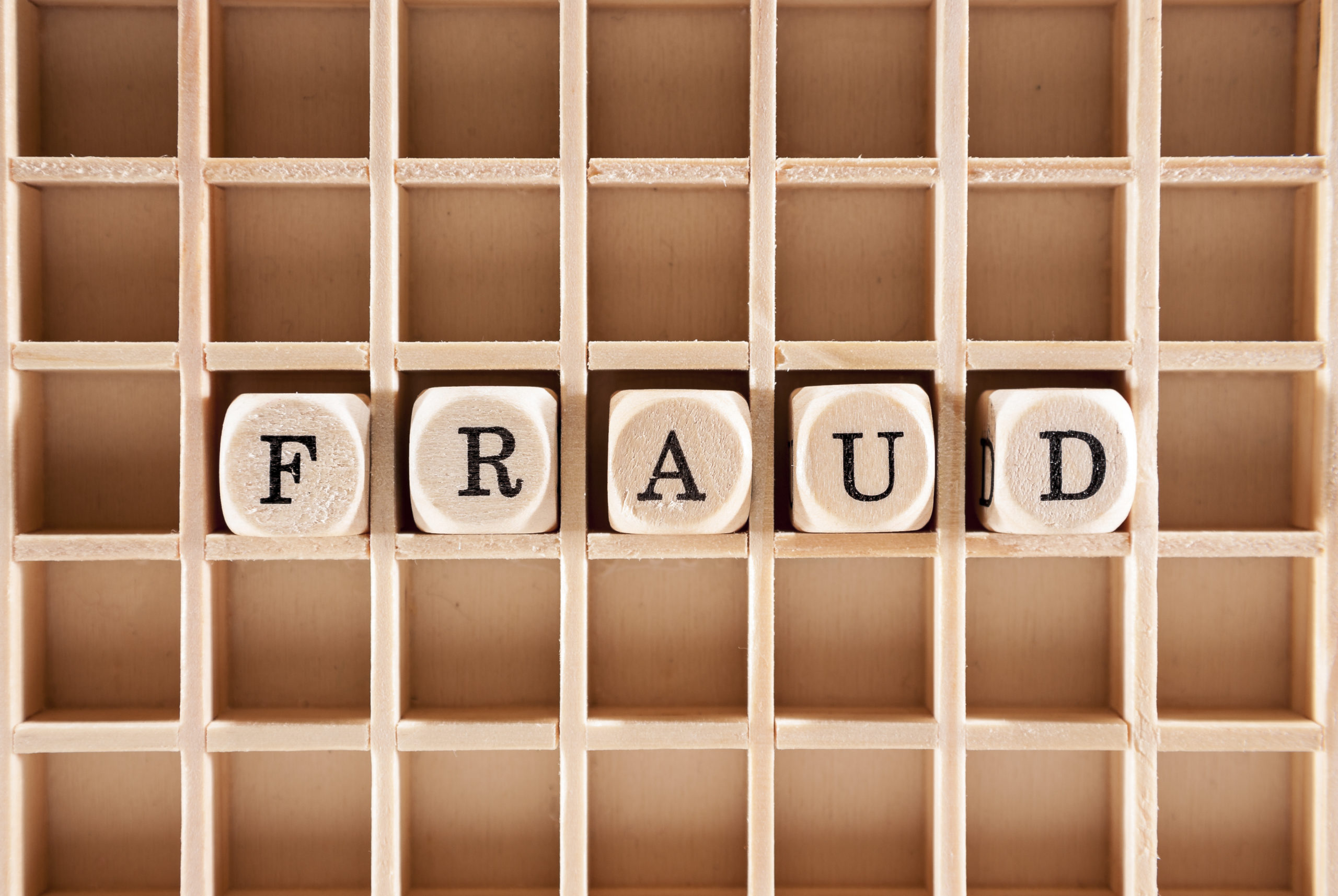“Occupational Fraud is very likely the costliest and most common form of financial crime in the world” as per the 2022 Report to the Nations issued by the Association of Certified Fraud Examiners (ACFE) – the world’s largest anti-fraud organization. The Report states that “even with the shift toward digital payments, remote work environments, and technology-based organizations, the schemes and methods fraudsters use to commit occupational fraud remain consistent over time”. An entity confronting occupational fraud ought to re-evaluate its internal controls and consider engaging a forensic accountant.
The Report highlights the 3 categories of occupational fraud:
- Asset misappropriation: the most common occupational fraud (86% of cases) which involves an employee stealing or misusing the employer’s resources with a median loss at $100,000 per case (the lowest median loss of the categories)
- Financial Statement Fraud: this involves a perpetrator intentionally causing a material misstatement or omission in an organization’s financial statements (the least common at 9% of schemes). This is the costliest scheme with a median loss of $593,000.
- Corruption: this includes bribery, conflicts of interest, and extortion with a median loss of $150,000.
Asset Misappropriation
It is the use of property or funds of another person for an unauthorized purpose and is classified as a felony. In misappropriation, the perpetrator steals or misuses an organization’s belongings and resources; usually without force. Meaning, they are taken through trickery and deceit. The Report analyzed over 2,000 occupational fraud cases and found the following asset misappropriation schemes to pose the greatest risk:
- Billing
- Noncash
- Expense reimbursements
- Check and payment tampering
- Cash on hand
- Skimming
- Payroll
- Cash larceny
- Register disbursements
Examples of Misappropriation Schemes are:
- A company vendor calling to inquire about the status of an invoice, but the company’s accounting records show that the invoice has already been paid.
- Checks that have cleared the Bank but not recorded in the accounting system are identified.
- Physical evidence that checks have been altered.
- Cancelled checks are missing.
- Alterations to vendor invoices.
- Unexplained changes in bank deposit slips.
- Physical removal of company’s assets.
- Payroll discrepancies.
- Lower than expected company gross revenues.
- Lower than expected company net profit.
- Higher than expected mileage costs.
- Higher than expected travel and entertainment costs.
- Processing false merchandise returns.
Even Crypto is at forefront of fraud
The Report highlights that the rise of blockchain technology plus the adoption of crypto has opened the door for individual to perpetrate crypto fraud. The most common ways that crypto was used fraudulently as per the Report reveals that:
- 48% in making bribery and kickback payments in cryptocurrency
- 43% in converting misappropriated assets to cryptocurrency
Managing fraud risk proactively is imperative
It is not only about protecting against financial losses commonly associated with fraud. It is also about surviving reputational risk. There is a need for Organizations to create an environment and implement appropriate controls for detecting fraud ahead of time. An increasing “perception of detection” is widely believed to be the most effective fraud prevention method within an organization. Directors, officers, and employees in an organization should ask themselves if what they are doing is legal, is it something permitted/encouraged in the organization and what could happen if the information goes public.
What to do?
A qualified forensic accountant can recommend internal control systems that will help deter and prevent fraud schemes, and assist with establishing control environments, accounting systems, control activities, and monitoring.
Forensic accountants are invaluable resources in the discovery and the resolution of Misappropriation schemes. A forensic accountant will hunt until the money is found, make sure that money is applied to the right place, discover if money and/or assets have been hidden, or if funds or assets have landed in the lap of unintended recipients.
Forensic accountants are specialists in demand due to their experience in investigation, detection, and quantification of losses. ©


